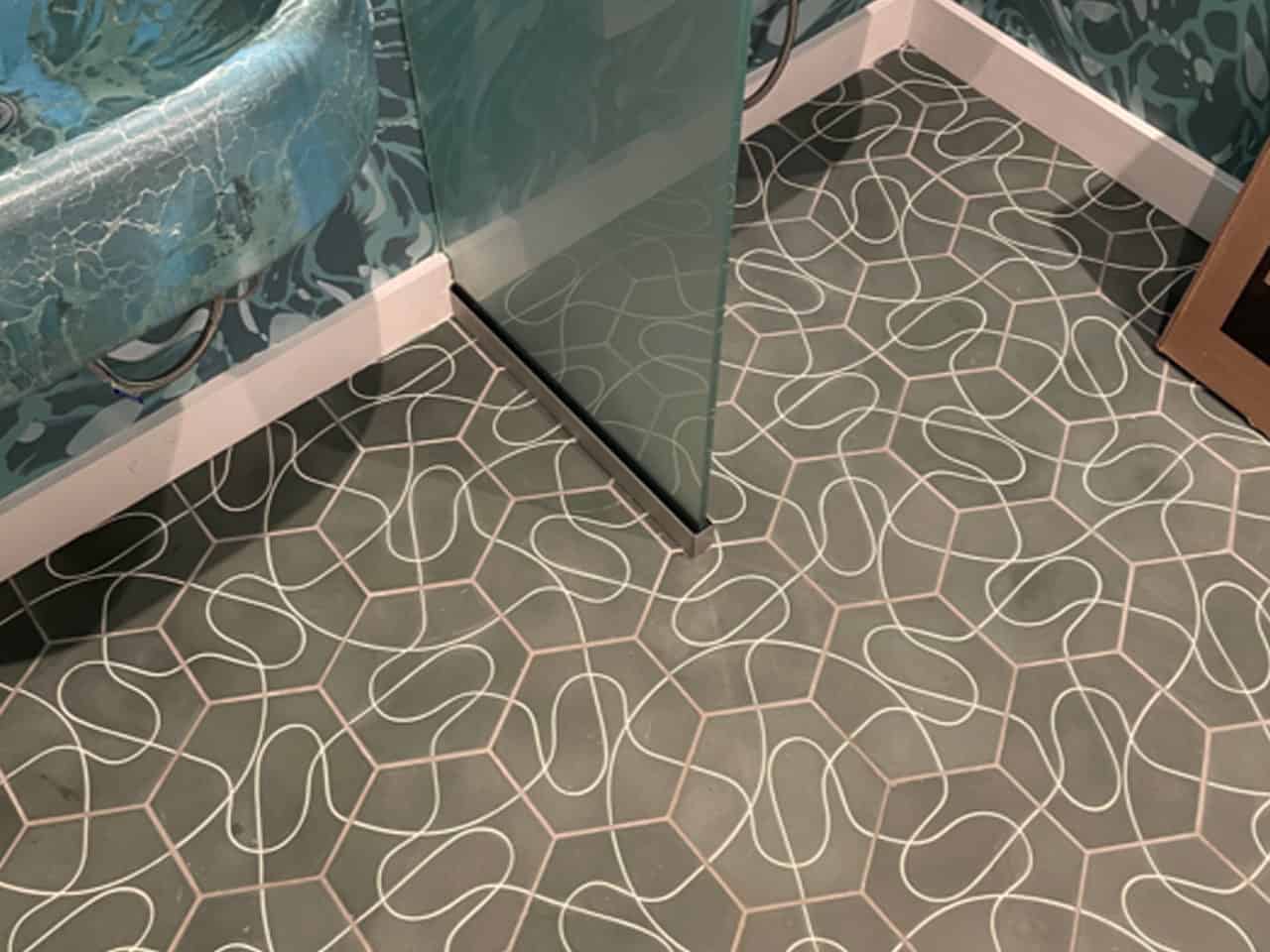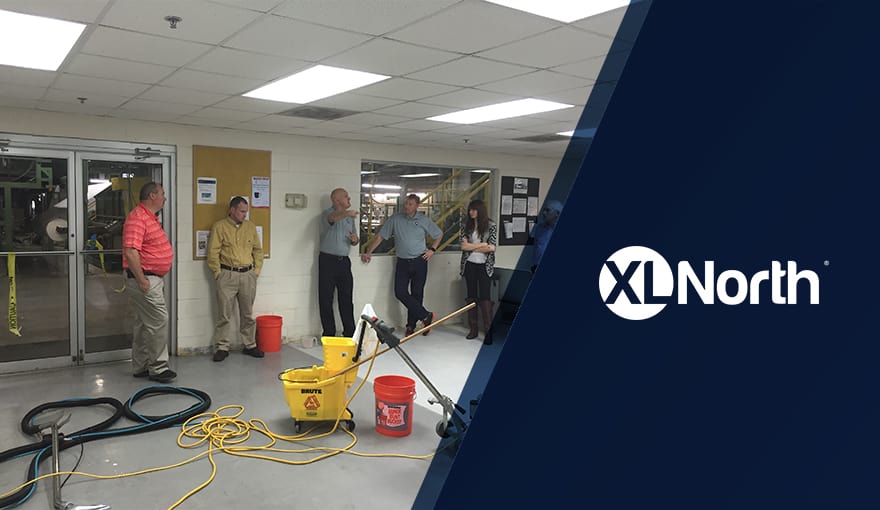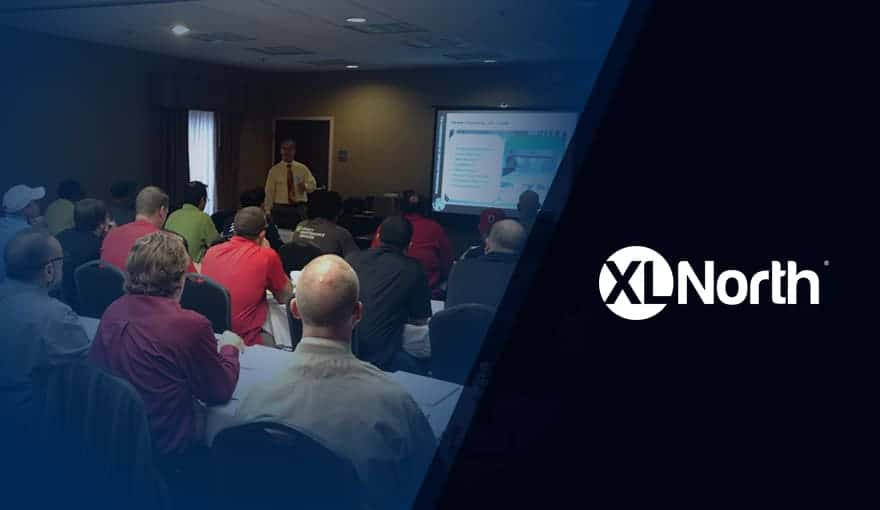Training, training, and more training …
You may think I drone on about it too much, and maybe I do, or maybe there is an opportunity by becoming more educated to stand out in a crowded field. Training is not just for the floor care technicians or their supervisors. An understanding of how flooring is manufactured and what it is manufactured from, to what soil is and what types of chemistry works to remove soil, to developing a plan on keeping the flooring clean and healthy should be known by everyone in the process – project managers, sales reps, and management, too. Training is never “once and done”, but it shouldn’t have to be a long drawn out process. It can be a simple product knowledge presentation by a vendor, collectively working with your tribe, or organized classes such as IICRC, ISSA, or others.
Below I talk with two leaders in commercial floor care – who aren’t technicians – about how training has helped them and their organizations.
What types of floor care training/education have you participated in (continuing ed courses, IICRC certification, trade show/conference on site classes, etc.)?
Chip Grimes, President, Facility Services Group, Inc.
In the market, we feel there are three ways to get viable training; manufacturers, vendors and independent groups like IICRC. The challenge has been getting our entire team together to get the specific training. With the manufacturer and vendor training, we like to do it at our facility and bring in those who are available. With the independent groups and the pandemic, it has been much more challenging and we usually need to do some traveling, which as you can imagine has other impacts.
As a member of Starnet Floor Care we also started to do some video training with our vendor partners. This has helped a lot with the continuing education.
In the later part of 2021, we started our own training process. We did not rewrite the rules we just changed how we would provide the training. We selected one person to be the Trainer who is a Master Technician for one of the specific offerings of FSG. Their responsibility is to train new hires and provide continuing education for everyone else in the company. In order for this to be relevant, they must keep current with the specific flooring changes, new or changed processes, chemistry and equipment updates. For new hires, we have a two-step process. Step-one is a 40-hour general training program, conducted at our facility. We teach them the basics: safety, equipment functions, the different types of chemistry, and the process for each of our offerings. Once that is successfully completed, it is time for Step-two. In Step-two, they will spend time in the field with the Master Technicians and learn the specifics of each offering. Once the MT signs off, they will then be able to work with a lead tech.
Bryan Heller, Sales Manager, Maintenance Division, CFS Interiors & Flooring
I have various IICRC certificates, for carpet cleaning, upholstery, and stone, masonry and tile. We’re a Starnet Member and also a Starnet Floor Care Provider. They do a good job promoting maintenance education and offering CEU’s and I always attend the Floor Care conferences. The conferences are great because we share best practices with other Starnet Members and we learn cleaning processes directly from our floor manufacturing partners.
Have you taken part in all of the training courses/certifications you require of your technicians?
CG: We have ten offerings at FSG. I personally have attended nine of the trainings. I have taken and I am certified from IICRC – CCMT. I remember when I took the CCMT my goal was not only to pass but also to get the highest score. The reason I wanted the highest score was to set the bar for the company. I wanted everyone to see how serious our company takes the training program.
BH: I haven’t taken all the training that our technicians have. I’m really just a sales guy and they’re the experts. Our operations manager is certified by most all of the manufacturers, so I’ll defer to those guys. But I do read a lot of industry magazines and I’ll pass some good info out company wide. There are also some great webinars from XL North and other supply partners and quite often CFS will offer lunch to everyone, so we can all watch and learn together.
Other than technicians, do you require other staff/team members to participate in floor care training/certification courses? If so, what have been the results? How has it positively impacted them and/or their role in the organization?
CG: YES – we strive to have everyone trained from Techs to CEO. We all need and must speak the same language. The Non-Field (NF) training is not as in-depth as the FSG training for the field personnel. However, it is intense. It first starts with General Information that is consistent over all our offerings. After that is complete, we move to our specific offerings, which focuses on the process, equipment and the chemistry. For the NF team members our goal is to have them complete the training within the first year of employment. The impact has been huge for us. It has helped us with communication between sales and marketing, operations, and if you can believe it, even accounting. Can you imagine how much easier it is for our sales team to sell against a janitorial company? Go ahead and ask your prospect, why the carpet is dirty outside of the restroom when you have been paying janitorial to maintain the floors. Training works!
BH: At CFS, our sales people sell both P&I and our maintenance services. We want all of our sales people to be IICRC certified and this opportunity is also available to our project coordinators and any other employees here. In fact, we offer commissions to any employee who brings in a maintenance job, whether it’s a PC or a truck driver. This really helps us all speak the same language and we all promote maintenance.
What organizational benefits have you seen or experienced due to your own training or the training of others besides technicians?
CG: We strive for everyone to be cross-trained, so they can provide the services of our offering to our clients. This leads to stability for our technicians, the operations team and the client.
The training we have implemented gives everyone the opportunity to see how he or she can also advance in the company. As we know, not everyone has the same aspirations or the same abilities. Our process allows everyone to figure out the best fit for them and they have a path to reach their individual goals.
BH: Having this training gives all of us a lot more confidence in promoting everything CFS offers, including our maintenance services. Having this broader background helps all of us be more aware of potential issues as well as opportunities when we’re speaking with customers.


